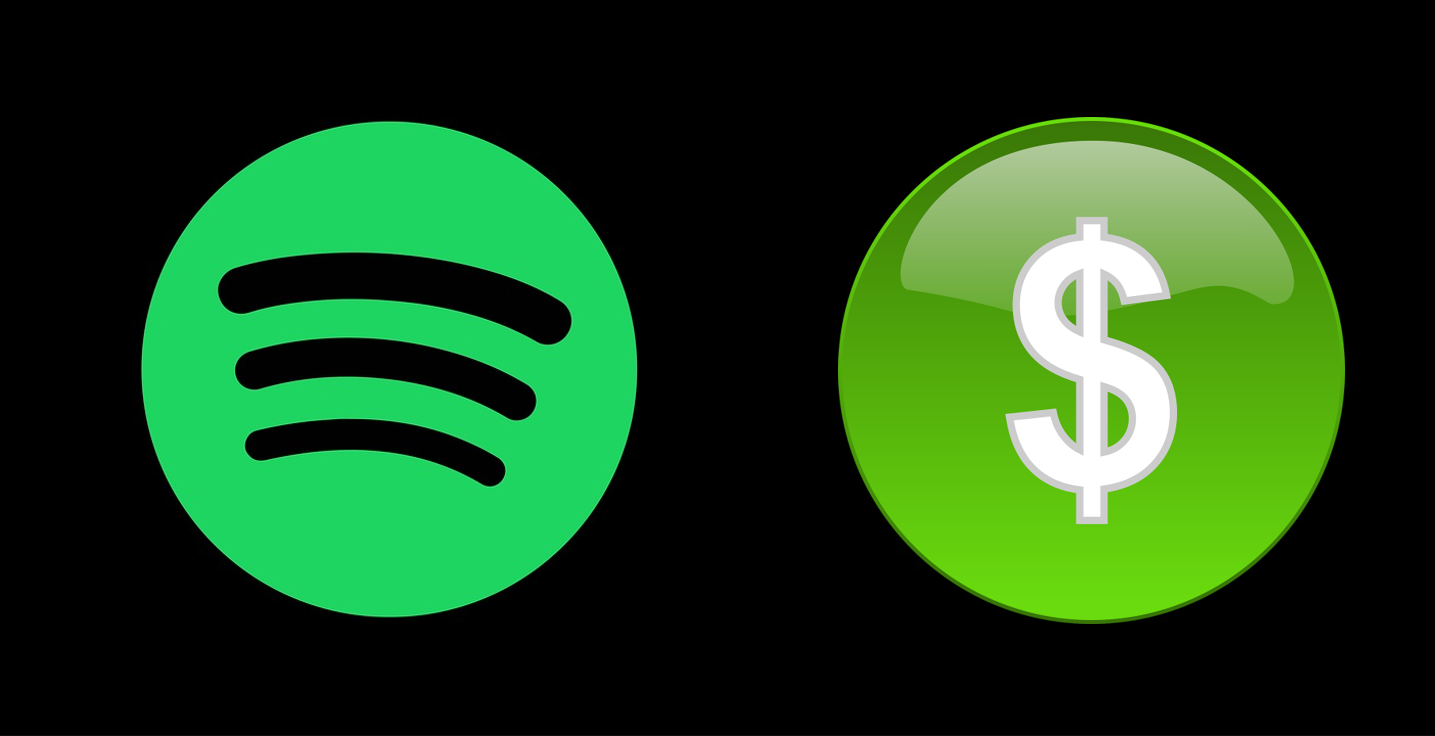
Wouldn’t you know it? One day after that long weekend and the powers that be around here give me the day off. Of course, it has more to do with a pretty big media sales development you may have missed last week as you were preparing to bolt for the Labor Day Weekend.
And while this weathered program director has some thoughts about it, the topic was left to someone who’s made his living selling air – OK, air time. Paul Jacobs is one of the savviest observers of radio’s ongoing sales/marketing challenges. As the media environment has become cluttered with new platforms, brands, and marketing tools, Paul has gotten even more emphatic about the way forward.
In today’s guest post, he’s got something to say about a new challenger to local radio sales, and how smart broadcasters can live to fight another day…or quarter.
Meantime, I’ll pour myself another cup of Verona, and read all about Paul’s way forward for radio sellers and the managers trying to hack out another spreadsheet full of projections, forecasts, and good guesses about how it will shake out at year’s end. – FJ
By Paul Jacobs
Before the pandemic, I was doing some sales training in a small, Midwestern market. As we reviewed the state of revenue, the Sales Manager told me excitedly that during an overall decline, the stations had just received the largest national order in history. Curious, I asked for more details, and he informed me the client was Facebook. They were promoting a seminar for local businesses to learn more about how to advertise . . . . . on Facebook!
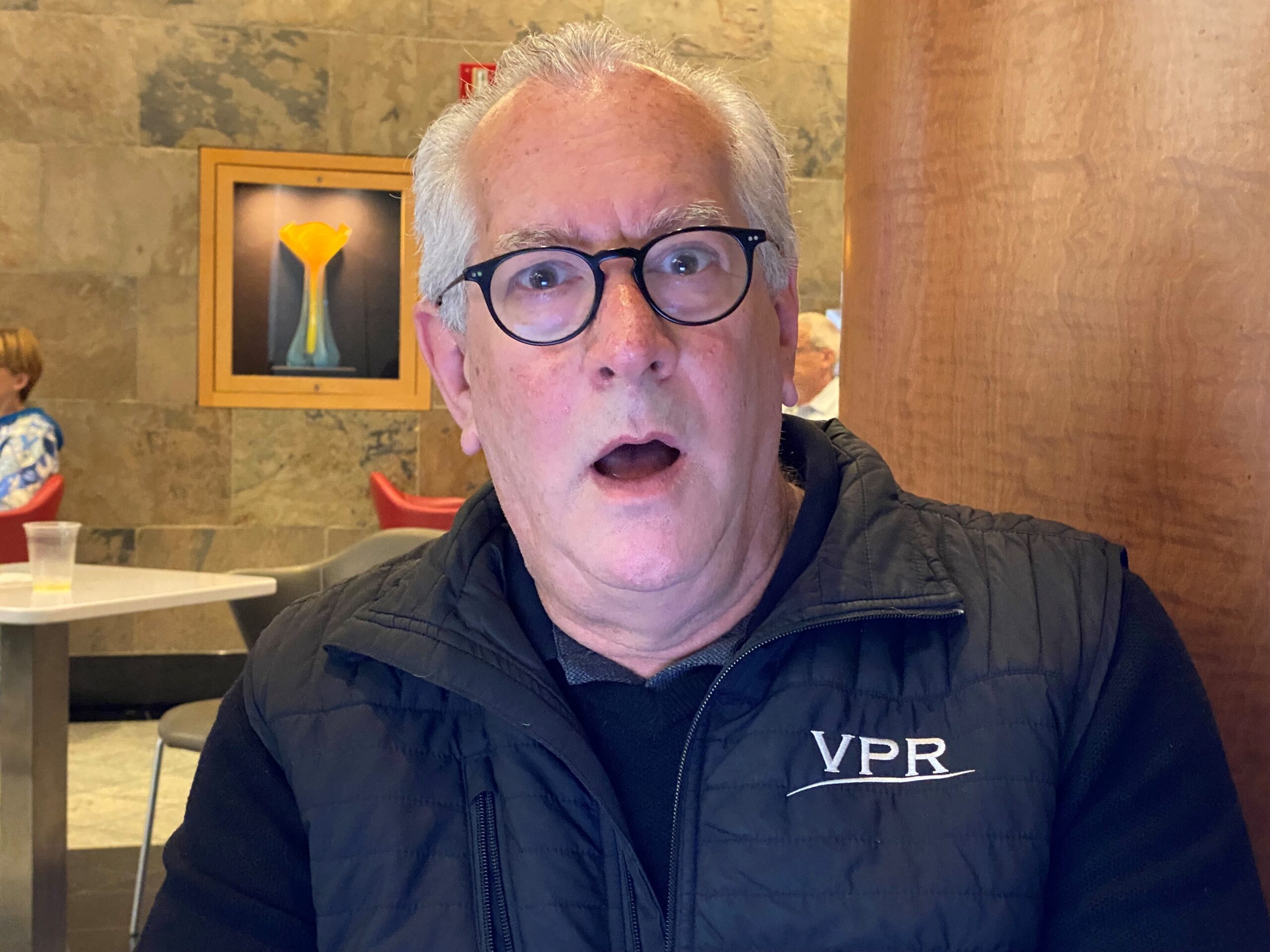
Shielding my horror, I asked if he attended the seminar and he replied, “I sure did, and it was packed!” I guess the only thing he left out was exclaiming, “Radio Works!”
Late last week, while many people in the radio business were on PTO or preparing to get their kids ready for the school year, Inside Radio published an article that received little or no oxygen:
“No Longer Just Focused On National Brands, Spotify Targets Main Street Advertisers”
Just what broadcast radio needs – another mega-tech/entertainment company encroaching on its hometown turf, especially at a time when traditional revenue is sputtering.
Like Facebook and Google before it, Spotify appears to be going all in. And if you poo-pooed those initial efforts from the aforementioned tech mega-companies, you’d be wise not to write Spotify off now.
They’ve created a web site – the Spotify Advertising Academy – that contains training videos and other material to help small businesses understand the value of advertising on their platform, and how to do it. Of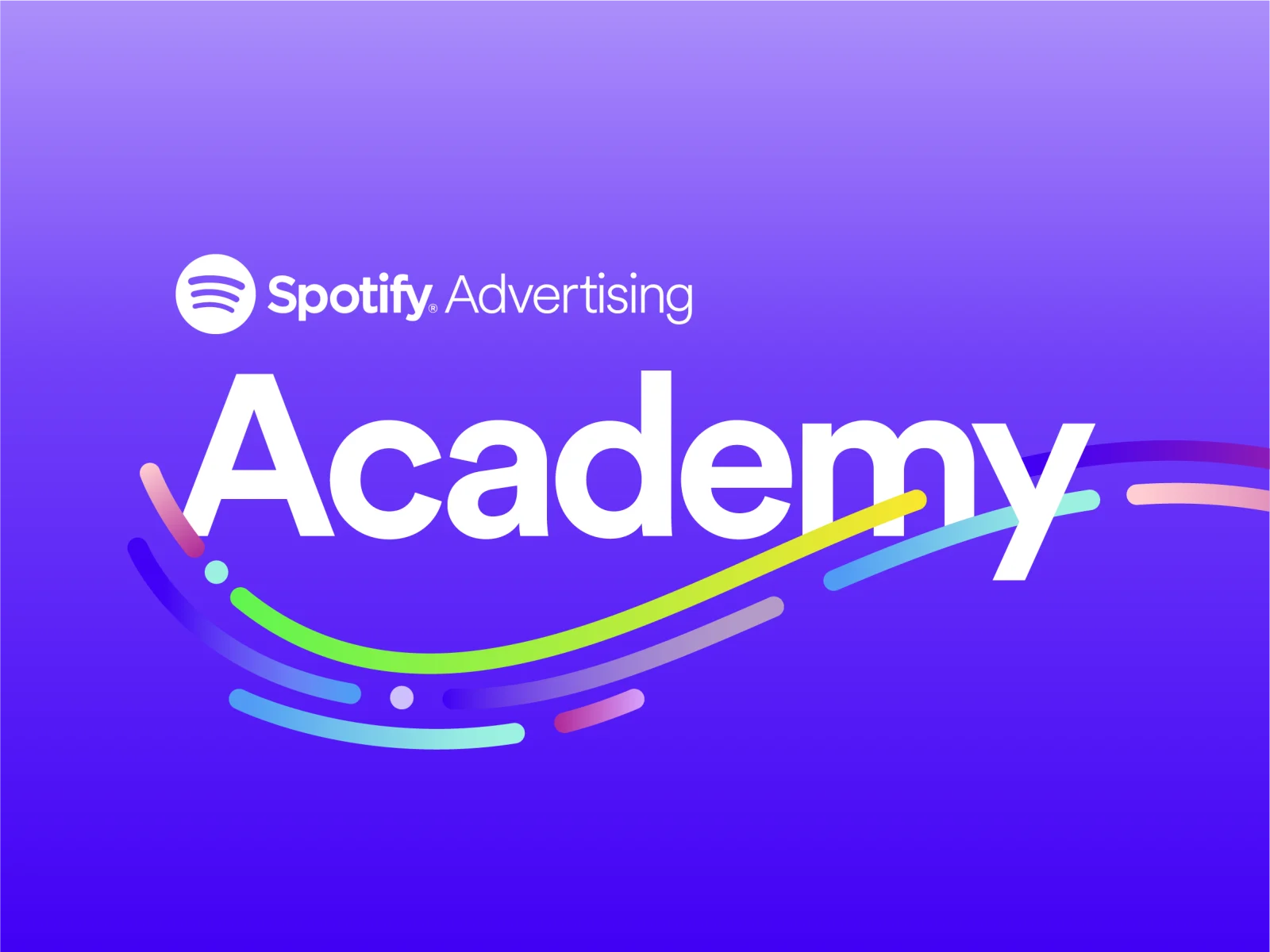 course, you have to log in (so they’ll be able to contact you directly about spending money with them). Tech companies understand the value of data capture and lead generation.
course, you have to log in (so they’ll be able to contact you directly about spending money with them). Tech companies understand the value of data capture and lead generation.
Samuel Bevan is Global Head of SMB Ad Sales for Spotify and he has big goals. His sights are set on advertising comprising 20% of his company’s revenue. They’re off to a good start – already, more than 40 advertising agencies have completed the Spotify training course so they are ready to go.
But wait, there’s more. Spotify CEO Daniel Eck is pairing generative AI with the program in order to lower the cost and increase the speed of ad creation, “If you think about advertisers today, the cost of generating new advertisements on Spotify is quite a big thing, especially on audio ads. By using generative AI, I think you’re going to be able to see that we can significantly reduce the cost that it takes for advertisers to develop new ad formats.”
Once again, the valuable real estate carved out by radio stations is under attack, and its clear Spotify won’t be the last. There’s been a lot of industry publicity lately on the value of audio ads, so it makes sense companies like Spotify will want to get a piece of the pie.
And we’re beginning to see their rollout on other platforms, including social media. Maybe this is a case of me talking about the Spotify Advertising Academy in the office, but look what showed up yesterday morning on my Facebook feed:
So what’s radio to do?
If you’ve seen me speak at industry conventions and state broadcaster association conferences, you’ve heard my mantra:
“Radio needs to stop just selling ‘radio.’”
Long ago, the industry needed to modernize and adapt to market change – not from a defensive posture, but proactively. While mega-companies like Spotify, Google, TikTok, and others have more resources than any radio organization could even dream of, we have to lean into our differences – the things radio can do that Spotify cannot.
Rather than just watch Spotify (and others) take money off the table, I hope you’ll find some of these “solutions” useful. It’s just the start of a playbook – feel free to add:
- Stop accepting ads from mega competitors – That’s right. Even at a time when new billing couldn’t be more valuable, walk from this money. When SiriusXM launched more than two decades
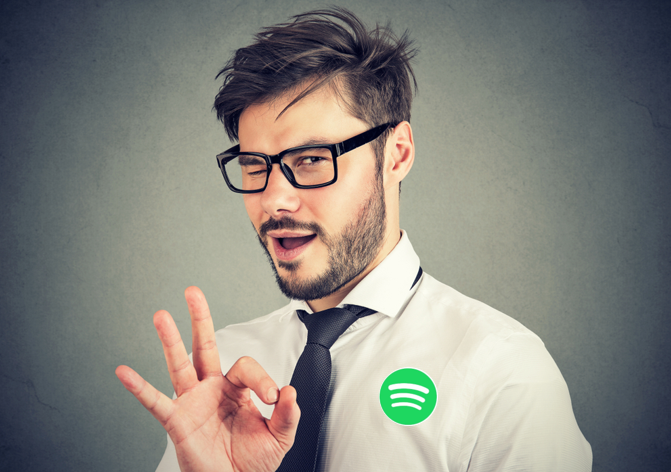 ago, where did they place their buys? On fat and happy radio stations across the country. And broadcasters gladly took the dollars, rationalizing that satellite radio would likely fizzle out soon enough. So why not take the low hanging fruit? What was achieved besides getting closer to goal? Telling the audience about a competitor with 100+ commercial-free channels available in cars isn’t exactly a smart strategic plan. When radio rents its audience base to a smart and savvy competitor, it also validates their platform to the advertising community. The hackneyed phrase, “Penny wise and pound foolish” was created for these money-grab disasters.
ago, where did they place their buys? On fat and happy radio stations across the country. And broadcasters gladly took the dollars, rationalizing that satellite radio would likely fizzle out soon enough. So why not take the low hanging fruit? What was achieved besides getting closer to goal? Telling the audience about a competitor with 100+ commercial-free channels available in cars isn’t exactly a smart strategic plan. When radio rents its audience base to a smart and savvy competitor, it also validates their platform to the advertising community. The hackneyed phrase, “Penny wise and pound foolish” was created for these money-grab disasters. - Get your feet on the street and butts back into the office – The best sales departments we work with all have a team attitude, a vibe about them. This spirit only comes from working together. It is virtually impossible to accomplish this even with veteran sellers when everyone is working from home. When you’re under attack, that’s the time to pull together. Get your sales teams back in the office on a regular basis, do some strategizing, and then get out on the street and meet the advertisers in person. Face to face. Even in a programmatic world, relationships still matter. Spotify will never be able to forge meaningful connections with local advertisers, nor will they be able to understand the nuance of local businesses or the marketplace. This is one of radio’s key advantages, but you can’t accomplish this from your bedroom or basement. Eye contact has never been more important.
- Market the industry – While clusters compete heavily on the street, they need to pull together and speak with one voice about the power of the medium and importance in each local market. Several markets have organizations like here in Detroit (The Detroit Radio Advertising Group). The only way to combat competitors like Spotify is by working together and radio needs to do a better job of championing the industry.
- Create a sales website – When you’re done reading this post, go to your station’s website and look for the part that promotes advertising on your station. Odds are, it either doesn’t exist or it’s buried. And when you go to it, chances are it says “For advertising information, call . . . . ) or has some ratings info. That’s not good enough – check out Spotify’s page, or Pandora/SiriusXM or Facebook. They are miles ahead of most stations.
- Develop “non radio” solutions – We’ve been harping for years that in order to grow, radio needs to use its super-power – its ability to move audience to different products and platforms – to develop its own non-radio solutions. What are these? They can be podcasts, a local news website like Clarksville Now or Town Crier Wire, events, radiothons for local charities like Children’s Miracle Network Hospitals and others. Stations that only sell ads are putting themselves in a non-growth, transactional position that will ultimately pit them up against competitors like Spotify.
- Your not-so-secret weapon: Air personalities – Who does morning drive on Spotify? Who does live reads or can show up at a remote? Who do they have that has credibility with the local community? That’s right, and one of the best ways to compete with a bot like Spotify is to promote personalities and bring them out to meet the clients. In many situations, the personality is a local celebrity, and clients (even the most cynical of them) appreciate hanging out with them.
- Use AI sensibly and strategically – While radio broadcasters are running around hyping synthetic DJs, here’s Spotify wisely harnessing the power of artificial intelligence to do what everyone abhors –
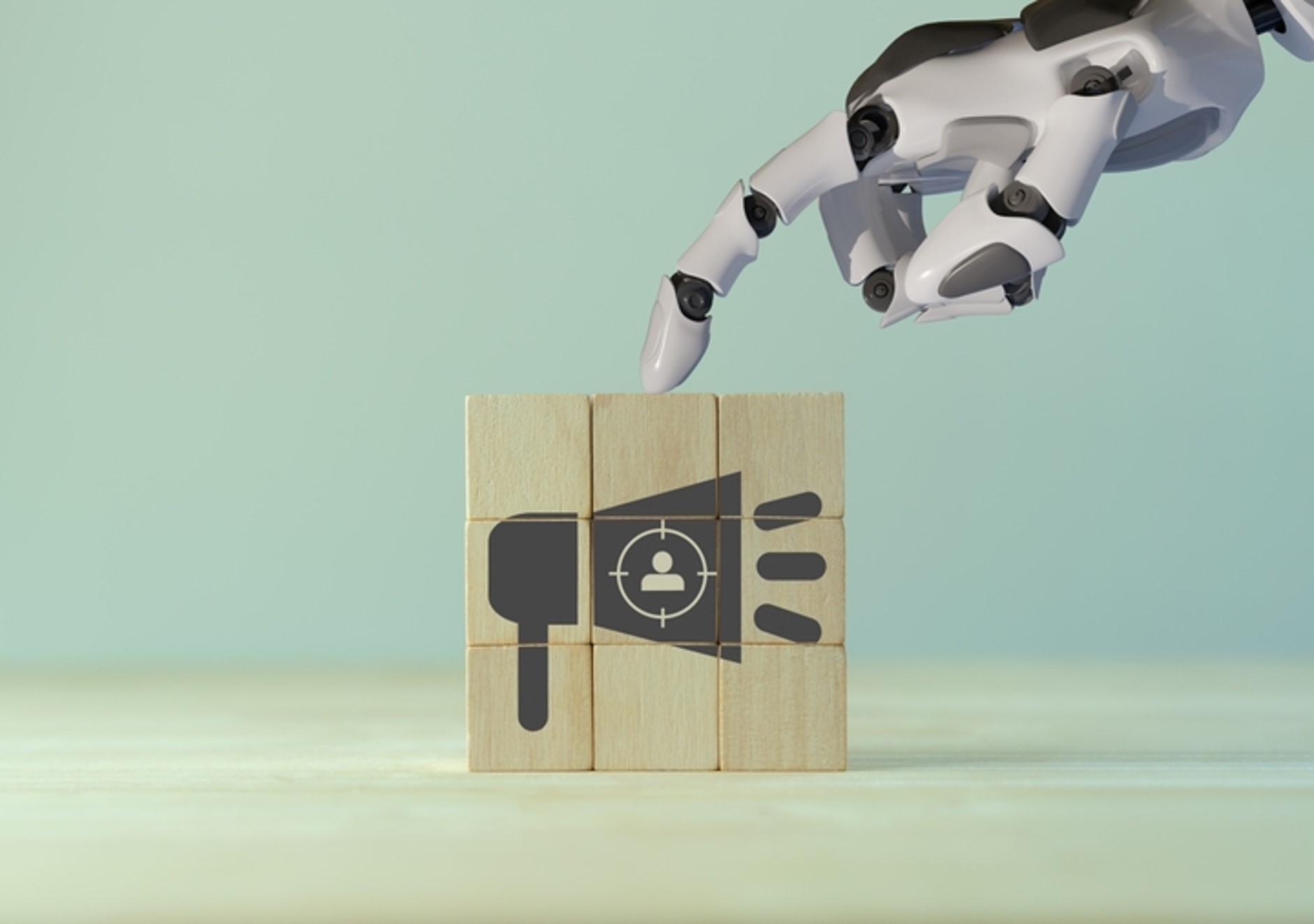 creating spec spots and campaigns. So let the drones do the dirty work and figure out how to use AI to eliminate or at least minimize the drudgery so salespeople can do what they hopefully do best: SELL.
creating spec spots and campaigns. So let the drones do the dirty work and figure out how to use AI to eliminate or at least minimize the drudgery so salespeople can do what they hopefully do best: SELL. - Create a local event that brings value to you and the local business community – Spotify is going to market heavily to Main Street business, mostly digitally. In the past, stations have had success hosting seminars for the local business community, bringing in guest speakers on key topics, creating sessions with leaders like mayors and members of Congress – anything to help clients improve their business. These aren’t sales pitches for the station/cluster, although you certainly can do some self-promotion. And if you do this right, these can even be revenue-generators because they position your station/cluster as the media authorities in town.
As optimistic as I tend to be (in contrast to my coffee-swilling older brother), there’s no silver lining in having huge new competitors like Spotify, Pandora, SiriusXM and Facebook breathing down radio’s neck. They are a problem. Spotify isn’t just yet another competitor that can invest significantly more in sales marketing than any station can – but they are also the bright, shiny new object. Playing defense isn’t enough – radio has a lot to sell but it’s a mistake to assume that because its been around so long, advertisers intuitively know about its attributes.
It’s time to go on offense.
You can’t beat a bot sitting on your butt.
- The Revolution Will Not Be Monetized - December 30, 2024
- What Kind Of Team Do You Want To Be? - October 4, 2024
- The Revolution Will Not Be Monetized - August 20, 2024




Thank you Paul. Real Radio needs to focus on itself and serve the mission of local connection, communication, participation and spots.
Here’s to a great new season. Clark 1220watx.com
Clark, it’s not brain surgery and it’s not hard – it’s leveraging our natural assets and strengths and then doing the work. And those strengths get amplified when help up to Spotify, FB, etc.
As time passes, more and more radio competitors will spring up and I agree that taking their ad money is slow suicide. While all of Paul’s ideas are really good and radio would do well to adopt them all, I have some different ones.
First, make the product better. Spotify is only a viable competitor because radio didn’t leverage its brands and do what they do first. That ship has sailed, so radio will need to make other improvements to compete. But Spotify, radio and all the others (visual and audio) are in the media business, where pricing is built around media value. If new innovations face radios’ cutbacks, radio’s media value will drop and there’s no sales strategy to counter that. So radio has to get better. How? If you want to leverage personalities, its probably best to hire some. Then, radio should build its ad platform around real people, not bots, because Spotify can’t compete with real people. Second – Spotify offers much better media metrics than radio and can verify every stream if needed. Facebook and Insta can be comparably accountable. Radio offers a monthly snapshot, after the fact, that in too many cases measures recall and not listening. If radio wants to compete with digital media, it will have to pony up for competitive media metrics. Third, hire better salespeople and give them a realistic career path that offers personal, professional and financial growth. Moneyball won’t work in media sales, you need sales stars to do star level work.
This is no different than the advice they give to pro golfers in danger of losing their playing privileges – play better!
Wait. No one mentioned the local TV station telling people to tune in every morning for “Belle, Booke and Candle On The Channel 48 News”. That was part of the trade deal in return for running the ads on TV for your station. We’re still saying “woe is us” because more and more people are playing in our sandbox. Time for the radio big shots to admit they’re not alone in the advertising world and the phone won’t ring with Benny Business wanting a schedule that puts him (or her) in the 12th position of a commercial set. I agree with not selling to the competition looking to steal your dollars, but you can’t hide from their existence. Where are the brilliant minds willing to create a broadcast model that’s:
A: Easy to receive (radio)
B: Effortless (radio)
C: Entertaining (could be radio)
D; FREE (radio)
E: Full of fun, informative and entertaining stuff without a lot of crap I don’t care about. (COULD be radio if the “C” suite stops worrying about the big bonus, and starts catering to the 2 most important clients of the station..the listener and the advertiser.)